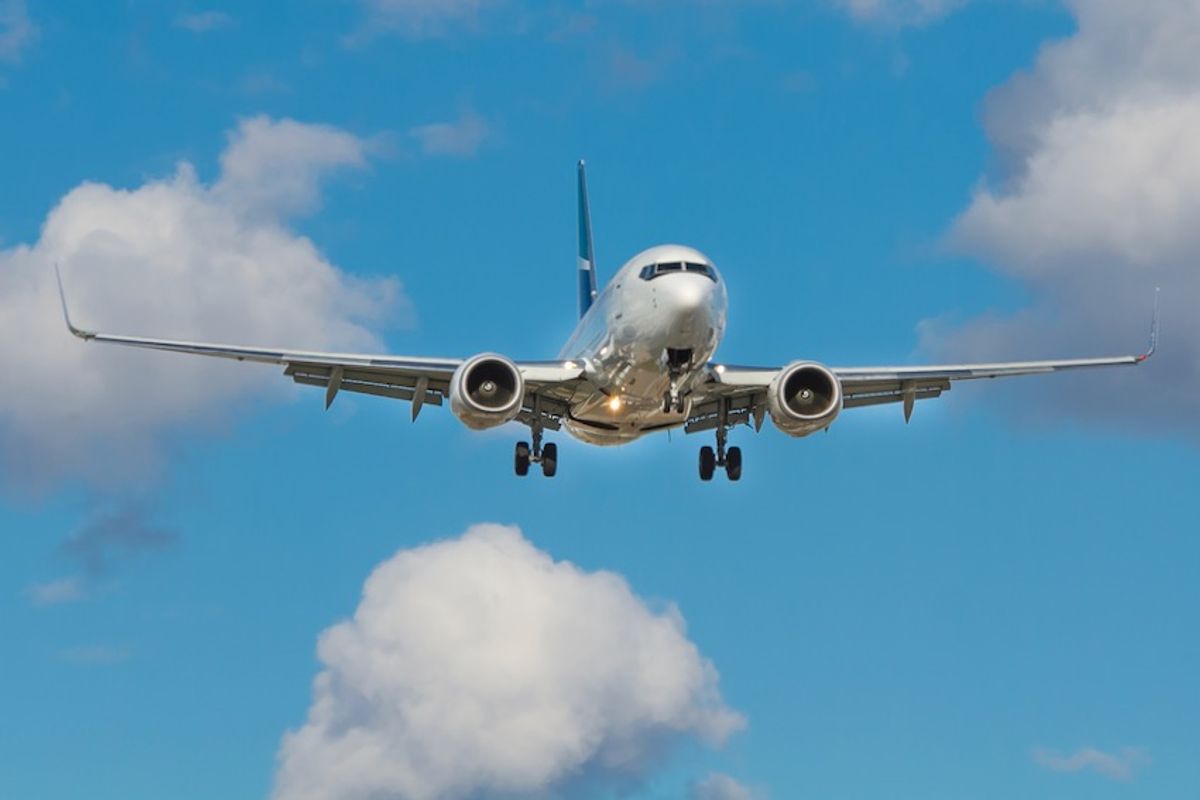UK government unveils ‘revamped’ aviation sustainability taskforce

The UK government has announced plans to create a “revamped” Jet Zero Taskforce, which will act as a “driving force” to make aviation more sustainable and reduce emissions.
The Jet Zero Council was first established by the previous Conservative government in 2020; the new Labour-run administration has now revealed how it plans to help the airline sector to decarbonise in the decades ahead.
Transport secretary Louse Haigh said there would be a new “dynamic group dedicated to advancing sustainable aviation”, which would be made up of the “most senior figures” in the industry.
The government has also just signed the UK’s SAF (‘sustainable’ aviation fuel) mandate into law. This comes into force from 1 January 2025 and will eventually require that 22 per cent of all jet fuel used by airlines must come from “sustainable sources” by 2040.
“Climate change is one of the biggest challenges we face, and together with industry, I am determined to build an aviation sector that’s future-ready and better for the planet,” said Haigh.
“We need to make flying a cleaner, greener experience and the new and improved Jet Zero Taskforce will be the driving force behind this transition.
“I look forward to working with all members to deliver meaningful changes that will boost our economy and make the UK a global leader in sustainable travel.”
The “revamped” taskforce will be chaired by Haigh and will include other government ministers, alongside the CEOs of airlines such as easyJet and Virgin Atlantic, and London Heathrow and Manchester airports, as well as fuel producers, trade bodies and universities.
The group is due to meet for the first time on 4 December, when alternative aviation fuels will be “high on the agenda”.
“Building on the previous Jet Zero Council, the taskforce will support the production and delivery of sustainable aviation fuels and zero emission flights, as well as look at how to improve aviation systems to make them more efficient,” added the Department for Transport in a statement.
“It will also explore the sector’s demand for greenhouse gas removals and the non-CO2 impacts of aviation, such as vapour trails left in the sky, to account for the sector’s overall environmental impact.”
Read more about the aviation industry’s efforts to decarbonise and become more sustainable in BTN Europe’s Navigating towards net zero report.
Related
Calls for over 60 free bus travel update from Department…
Calls for free bus travel for those over the age of 60 in England is gaining more attention after an increase of support. Unlike those in Wales, Scotland, and N
Major UK train station is one of the worst places…
Pickpockets are a problem across the UK, but one place is the worst for having your belongings stolen. According to the British Transport Police (BTP), just und
UK Snow Travel Chaos: Kent, East Sussex, West Sussex, Hampshire,…
UK Snow Travel Chaos: Kent, East Sussex, West Sussex, Hampshire, Wiltshire, Surrey, Berkshire, Greater London, Essex, Suffolk, Hertfordshire,
‘Only travel if necessary’ warning as UK’s busiest motorway shut…
NATIONAL Highways have issued an urgent warning to drivers as one the UK's biggest motorways shuts for the weekend. They has urged drivers to re-plan their rou











